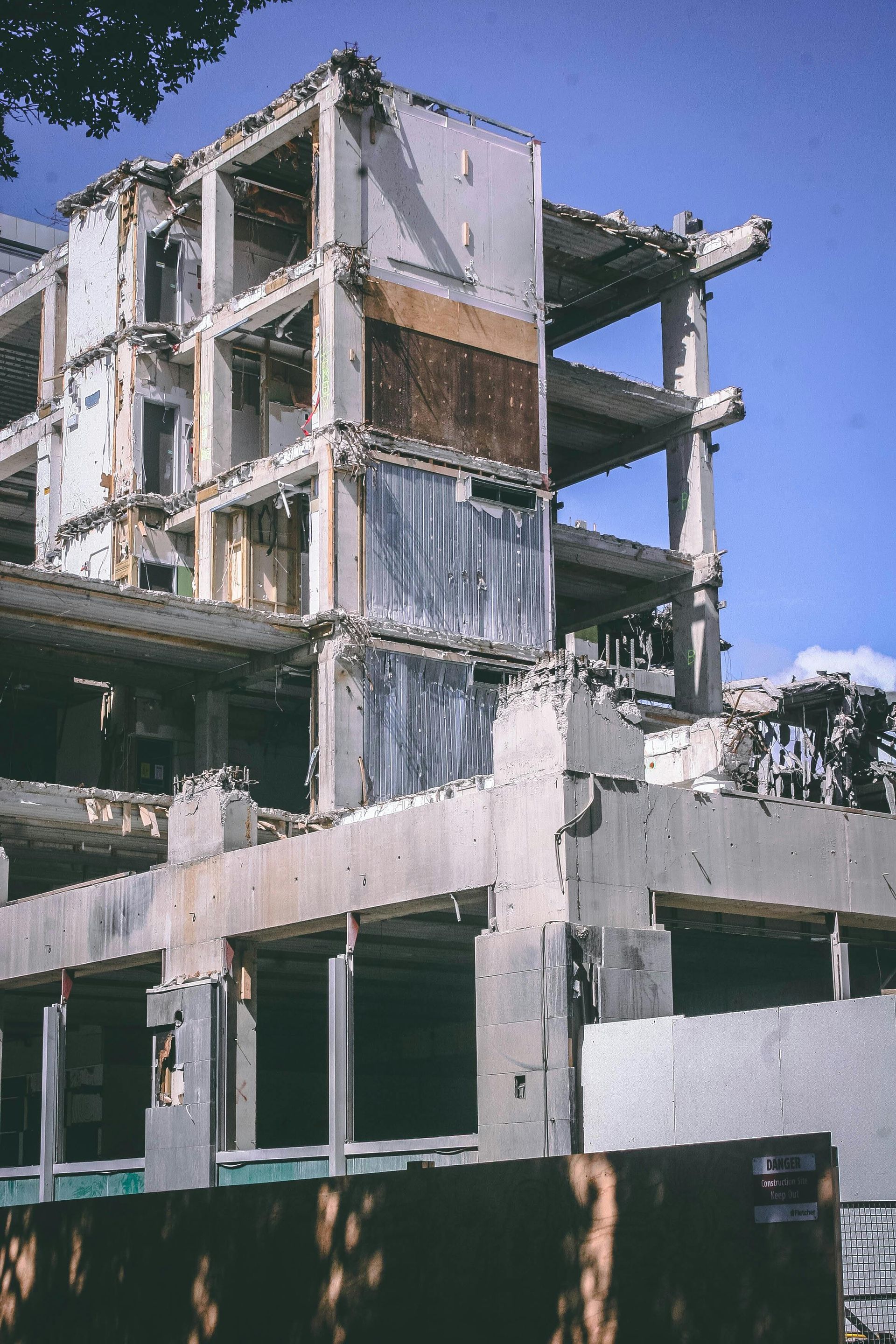Why Most Excavation Contractors Struggle to Rank on Google in 2025

You might be the best excavator in your city—your trench lines are clean, your timing is tight, your crew is reliable—but if you’re not ranking on Google, the only people who know that are the ones who already hired you.
The truth is, most excavation contractors don’t rank well in local search results. Not because Google is out to get them. And not because their competitors are better. But because they’re missing the basics of visibility.
In this blog, we’ll break down why most excavation companies struggle to rank—and how to fix it.
1. No Location-Specific Service Pages
If your website is just one page that says “We offer excavation,” you’re not helping Google—or your customers—understand where you work and what you offer.
Google doesn’t assume. It indexes content. If you want to show up for searches like “foundation excavation in Temple TX,” you need a page on your site with that exact phrase. That page should include:
- A brief description of the service
- Where you offer it
- A call to action
- Photos of a real job (ideally in or near that location)
Without that, you’re invisible.
2. Your Google Business Profile is Incomplete
When’s the last time you updated your Google Business Profile?
A lot of contractors don’t even realize this is one of the most powerful ranking factors in local search. If your profile has old photos, missing hours, no service area info, or no reviews, Google sees it as dormant.
Keep it updated. Add new jobsite photos weekly. Ask happy customers to leave reviews. The more activity, the more visibility.
3. You’re Not Earning Local Backlinks
Google rewards businesses that are connected to the community. One of the ways it judges that? Backlinks from local websites.
These don’t have to be from high-traffic blogs. Even links from your chamber of commerce, a local builder directory, or a sponsor listing on a high school football page make a difference.
Each one tells Google, “This business is real and active in this area.”
4. Your Website is Slow or Not Mobile-Friendly
Site speed and mobile usability are now major ranking factors. And most excavation sites were built 5+ years ago and haven’t been touched since.
If your site takes too long to load, or it’s hard to use on a phone, Google will rank you lower—period.
Use tools like Google’s PageSpeed Insights to check your load time, or have a pro take a look. Sometimes, just compressing images and removing old plugins can speed things up.
5. You’re Not Creating Content
You don’t have to become a blogger, but Google favors sites that are active. That means:
- Posting job updates
- Writing short blog posts about common questions (e.g. “How deep should you trench for a water line in Texas?”)
- Sharing before-and-after images with a few lines of context
Every update gives Google another reason to index your site—and customers another reason to trust you.
6. You’re Ignoring Review Strategy
Reviews are not just for reputation—they are ranking fuel.
Ask every customer to leave a Google review and mention:
- What you did (e.g. “foundation dig”)
- Where it was (e.g. “Georgetown, TX”)
- Why they’d recommend you
This builds local SEO power while creating trust with new visitors.
Ranking isn’t a black box. It’s a repeatable system. And when you do it right, your business becomes the first name people find when they need dirt work done.
Want a free excavation SEO audit? 👉 Request yours here
Featured Resources



